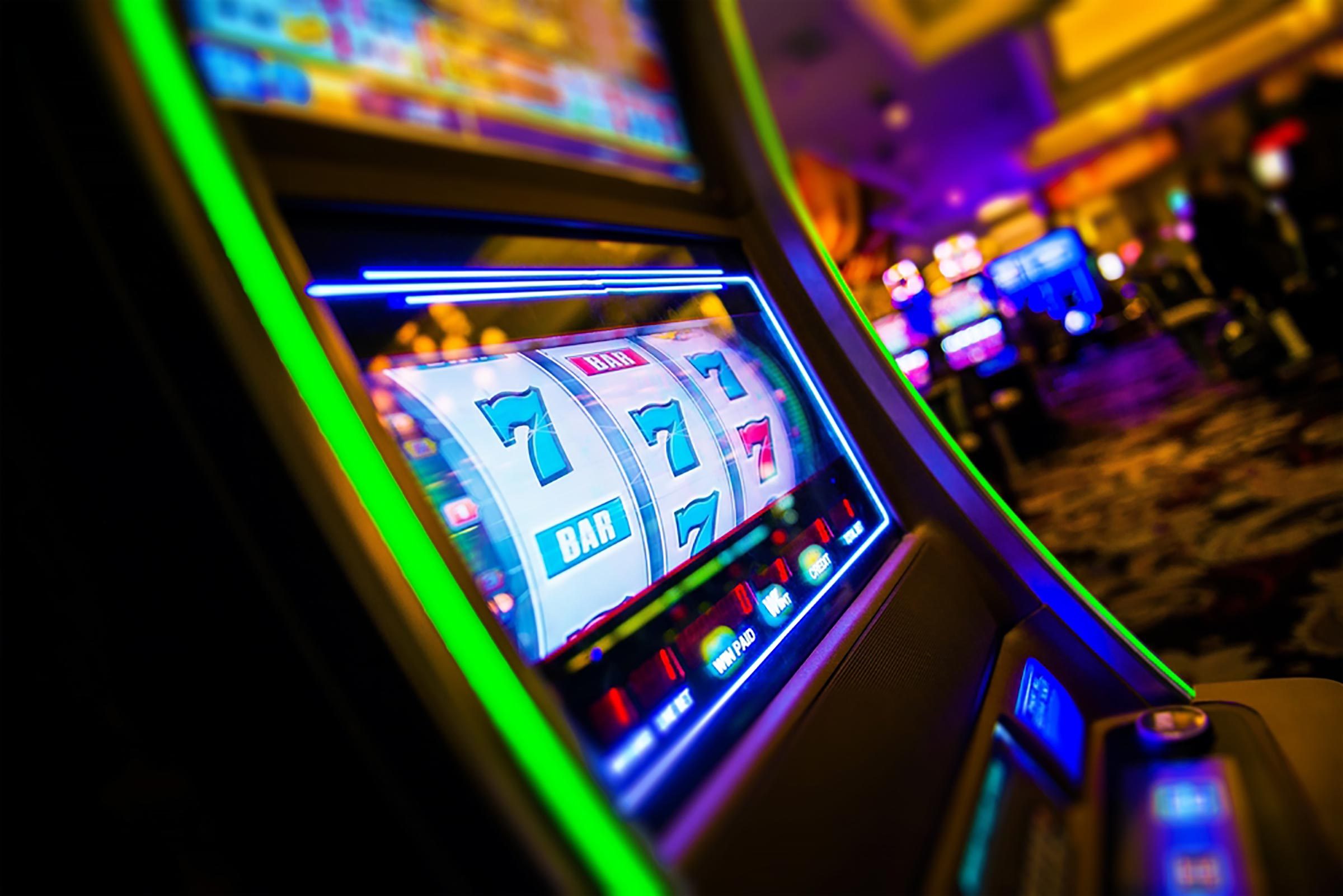How Gambling Wagering Affects Recreation and Popular Culture

Gambling at casinos has long captivated the imaginations of individuals and communities alike, entwining the essence of entertainment and popular culture. From the glitz and glamour of Las Vegas to the cozy environments of local gaming establishments, the charm of chance and risk has transformed how we enjoy leisure. Whether it is through movies that portray high-stakes poker games or television shows that highlight the excitement of roulette, casino betting shapes and reflects societal attitudes regarding luck, wealth, and excitement.
As progress in technology have made online gaming more reachable, the influence of casino betting continues to stretch, reaching a diverse audience internationally. This evolution has not only changed the landscape of gambling but also fostered new forms of entertainment, such as e-sports betting and interactive gaming experiences. As we explore this phenomenon, it becomes clear that casino betting is not merely an activity or pastime; it serves as a mirror of our collective desires and aspirations, leaving an permanent mark on the cultural zeitgeist.
The Evolution of Gambling Betting
Casino betting has a diverse history that dates back to ancient civilizations, where wagering activities were often intertwined with social and cultural practices. In ancient Greece, for instance, betting on gladiatorial contests showcased a shared spirit, while Egyptians used game pieces that suggest early versions of chance games. Over the centuries, various games evolved, often mirroring the cultures in which they were played. BETFLIK665 The transition from informal wagering to formal gambling can be seen as a reaction to the growing demand for leisure and fun among the public.
The establishment of the initial formal casinos in the seventeenth century marked a significant milestone in the evolution of casino betting. The Venezia Casino in Italy was among the first venues, offering a variety of games that attracted the upper class. This era introduced structured games such as baccarat and roulette, which would later become staples in gambling betting globally. The appeal of gambling halls expanded beyond mere gambling; they transformed into community centers where people gathered to enjoy recreation, gourmet food, and friendship. This change significantly contributed to the growth of modern gambling culture.
In the 1900s, gambling betting underwent another major transformation with the approval and expansion of casinos in the United States, particularly in Las Vegas and Atlantic City. The introduction of new gaming advancements and inventions, such as electronic gaming machines and digital games, made betting more accessible and attractive to a broader audience. As casinos became affiliated with entertainment resorts offering performances and live music, they established their place as important elements in the cultural lexicon. Today, gambling wagering continues to adapt, integrating digital spaces and apps, showing societal changes toward online experiences and convenience.
Gambling Wagering in Media & Cinema
Casino wagering remains a fascinating aspect of media, frequently representing the risks and dangers tied to betting. Movies like Casino and Ocean’s Eleven weave elaborate stories that center on the allure of gambling, drawing audiences into the glamorous yet hazardous world of gaming establishments. These movies not only showcase the thrill of risk-taking but also examine the characters’ motivations, showing how casino culture can mirror broader societal issues such as avarice and ambition.
Television shows have likewise embraced the phenomenon of gambling betting, portraying it as an captivating backdrop for narrative and storytelling. Shows like Better Call Saul and Las Vegas showcase the intersection of crime, loyalty, and luck, offering thrilling narratives that hold viewers on the edge of their seats. The common depiction of gambling environments evokes a sense of escapism while reinforcing the idea that luck can change in an eye blink, making for captivating viewing encounters.
Moreover, reality television has increased curiosity in casino wagering by highlighting real-life gambling situations. Shows like High Stakes Poker and WSOP add authenticity to the game, allowing viewers to witness strategic decision-making and psychological highs and lows. These shows not just engage but also inform the audience about the intricate world of casino gaming, from poker tells to gambling strategies, additionally influencing public perception and knowledge of casino betting.
Cultural Impact of Gambling Trends
The increase of gambling at casinos has significantly affected numerous aspects of popular culture, expressing in film, songs, and writing. Films like Ocean’s Eleven and Casino Royale have glamorized the high-stakes world of gambling, showcasing it as an exciting and luxurious lifestyle. These portrayals draw viewers, making gaming venues a common motif that mirrors societal fascination with risk, fortune, and the thrill of uncertainty. The allure of big wins and major defeats has turned into a well of captivating storytelling, influencing perceptions around gambling in the public consciousness.
Furthermore, gambling at casinos has found its way into the music industry and fashion, with musicians frequently mentioning gambling in their lyrics and imagery. Songs that draw on the world of gambling often focus on themes of riches, luck, and the ups and downs of emotions involved in the gambling experience. This fusion of gambling culture with contemporary popular music serves to deeply entrench the gambling culture in the collective consciousness, making it not just an pastime but a representation of way of life and ambition. Clothing lines also draw inspiration from casino aesthetics, incorporating icons like dice and playing cards into their designs, signaling a broader embrace of gambling symbols in everyday life.
The integration of gambling into popular culture can also be observed in the growth of virtual platforms and gaming experiences. The accessibility of online casinos has democratized the betting experience, allowing more people to interact with betting in a social and entertaining manner. This shift has promoted new narratives around safe gambling and the need of moderation, deeper embedding the culture of casino betting into the core of modern entertainment. As the world continues to evolve, the influence of betting trends will certainly create new avenues of creative expression and interaction, persisting to shape cultural expression in various, surprising ways.
